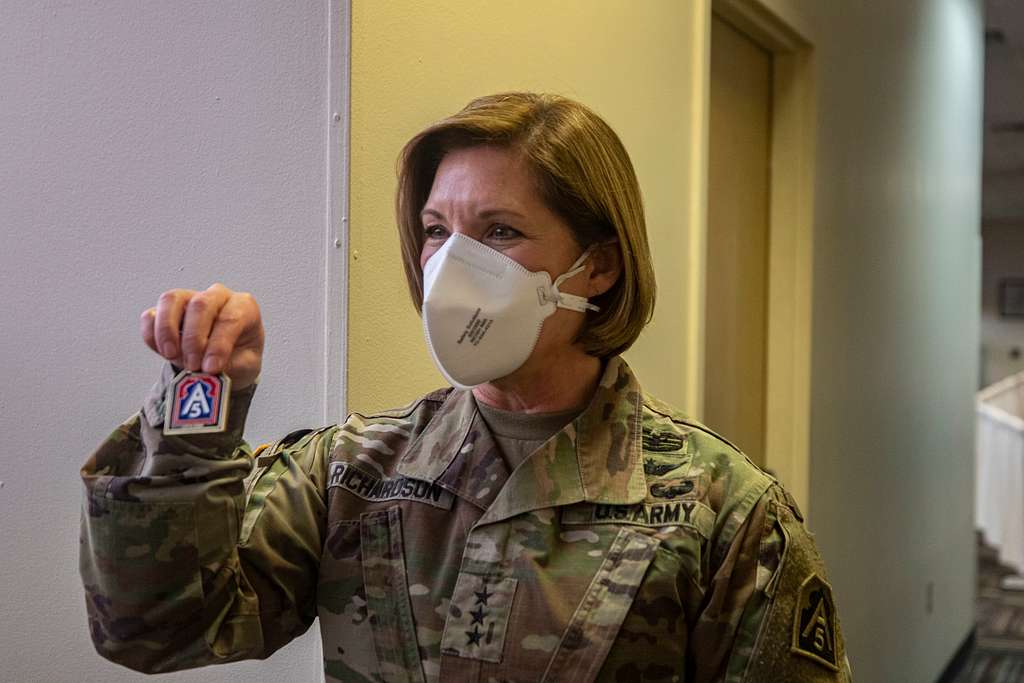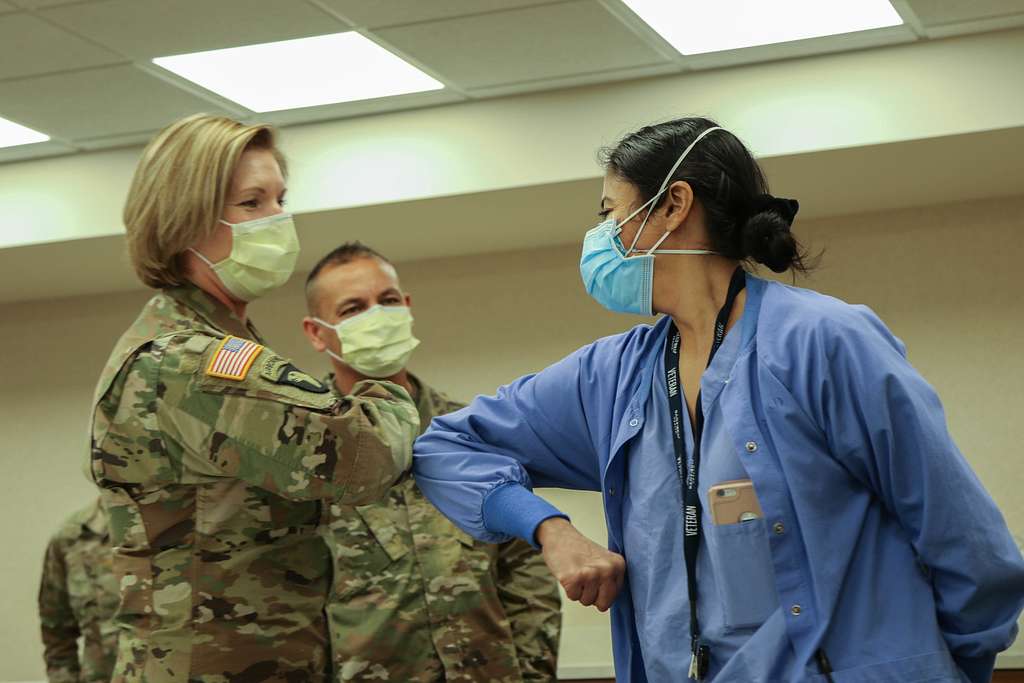The Southern Command and its subsidiary wars
Jorge Elbaum
Two weeks ago, on August 14, the head of the Southern Command, Laura Richardson, closed the PANAMAX 24 joint tactical exercises, held in Texas, Alabama, Arizona, Florida and Virginia. In her final speech at Joint Base San Antonio, the U.S. general again referred to the serious dangers posed by the presence of the People’s Republic of China and the Russian Federation in the region, despite the fact that the only experiences of military coups and invasions suffered were planned, promoted, endorsed or promoted from Washington.
The joint exercises included the participation of twenty countries, summoned -according to Paul Keith Warman, Pentagon official- to confront “the common and persistent threats facing the western hemisphere”. The conflict hypotheses assumed by PANAMAX 24 were linked to potential confrontations against “military forces of anti-democratic countries”. One of the dimensions of the exercises detailed in the final report included interaction and complementarity between “operational groups for cyber and psychological intervention”.
Argentina sent thirteen officers and one non-commissioned officer who interacted with militaries from Brazil, Chile, Colombia, Costa Rica, Dominican Republic, Ecuador, El Salvador, Guatemala, Jamaica, Panama, Paraguay, Peru and others.

In the budget proposal to finance the Pentagon during the year 2025 -presented last July 8 in the Senate-, a significant increase is included in the appropriations for the Southern Command and especially for the Irregular Warfare Technical Support Directorate (pages 47, 66, 106 and 268). In addition, the legislators requested, within the framework of said presentation, the generation of a detailed and specific plan by the Secretary of Defense on the policies and doctrines to be applied by the Pentagon in relation to “subway operations” (Page 228).
Washington has suffered resounding military failures in armed operations and invasions over the past half century. The cases of Vietnam, Afghanistan, Libya and Syria are some of them. Based on these cases, a new military doctrine has been generated that combines complementary actions (known as proxy) of economic blockades, unilateral sanctions, cognitive operations and subsidiary combats: “Some expect solutions from the United States, but the responsibility falls on the countries of the region”, suggested analyst Luis Fleischman, interviewed by the Southern Command portal. This statement summarizes a relevant part of the Southern Command’s central objective for the region. The challenge consists of promoting regional wars (proxy) against those who defend sovereign values, with the purpose of dismembering the links of these countries with the BRICS+. Concomitantly, to fracture or weaken the configuration of a new international order autonomous from the financialist globalism akin to the interference commanded by NATO, the G7 and the IMF. To achieve this goal, the demonization of Beijing, which has surpassed the Gross Industrial Product of the United States, appears to be a priority.

According to Southern Command analyst Julieta Pelcastre, Xi Jinping is responsible for undermining democracies in Latin America. To this end, Beijing protects its allies such as Cuba, Nicaragua and Venezuela from international pressures and sanctions. According to reports disseminated by the Command portal led by Laura Richardson, “China seeks to transform the region’s information to favor its worldview and, ultimately, undermine democratic principles.” For the head of the Southern Command, the computer servers of the Far East fulfill the design of leading mass surveillance and content censorship.
On March 25, 2024, one day after remembering the genocidal military coup of 1976, the Argentine government signed a Memorandum of Understanding with the State Department with which it agreed to advise on the different areas of military cybersecurity. Within this framework, the State Department appointed Gustavo Víctor Santiago, who will be in charge of “surveying the state of affairs to define the starting point for the proposal to be prepared”, after holding meetings with the Joint Staff of the Armed Forces, the Joint Cyber Defense Command, the General Directorates of Communications, Information Technology, the National Meteorological Service, the National Geographic Institute, the Argentine Aircraft Factory and Military Manufacturing.
The colonial surrender of the Homeland, at the service of foreign interests -just as Bernardino Rivadavia and José Alfredo Martínez de Hoz dreamed it-, will last as long as the historical lapse of time that this cypaya anomaly is perceived as bearable.
*Sociologist, PhD in Economic Sciences, senior analyst at the Latin American Center for Strategic Analysis (CLAE, www.estrategia.la). Published in Página12
